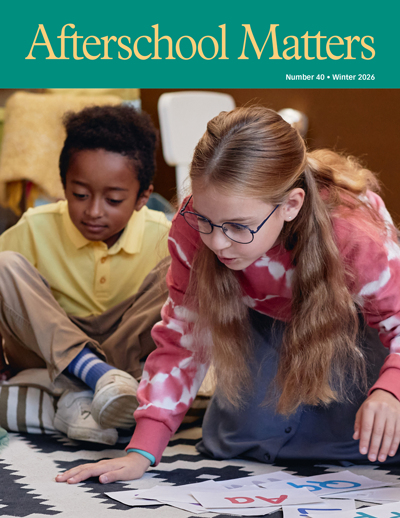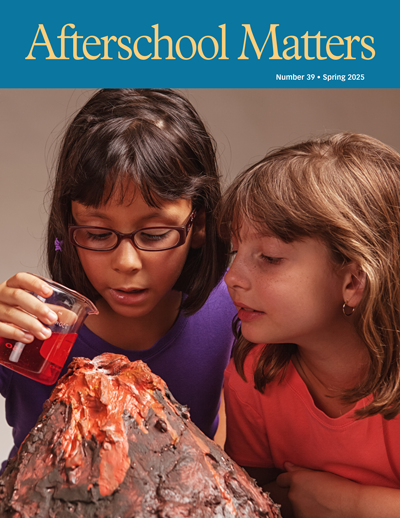Supporting Latinx Youth Participation in Out-of-School Time Programs
A Research Synthesis
By Nancy Erbstein and James O. Fabionar
Scholars in many fields have documented that the sharp population increase among Latinx people in the U.S. has been accompanied by myriad social challenges (Suárez-Orozco & Suárez-Orozco, 2009). Both established populations and new arrivals struggle to obtain quality education, adequate healthcare, and employment that pays a living wage; they also deal with various forms of discrimination. Analyses repeatedly indicate that these and other issues often shape the daily lives and developmental trajectories of Latinx youth. These social issues also undermine Latinx participation in out-of-school time (OST) programs, which hold potential to promote youth well-being (Guzman-Rocha, McLeod, & Bohnert, 2017). Increasingly, leaders of youth-serving organizations voice concern about low Latinx participation (Borden et al., 2006), often recognizing that poor participation reflects a need to develop new capacities and inclusive practices (Perkins et al., 2007).
Tags: Immigrant Youth, Professional Development, Youth Development, Culture, Special Population, Social Emotional



